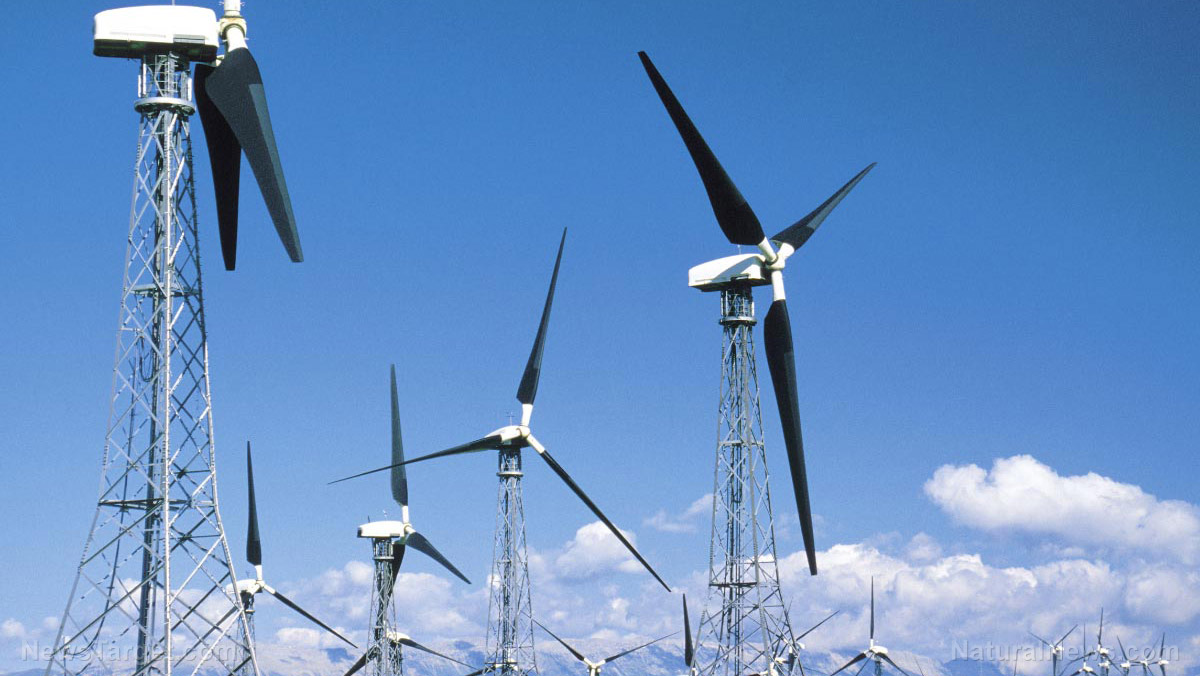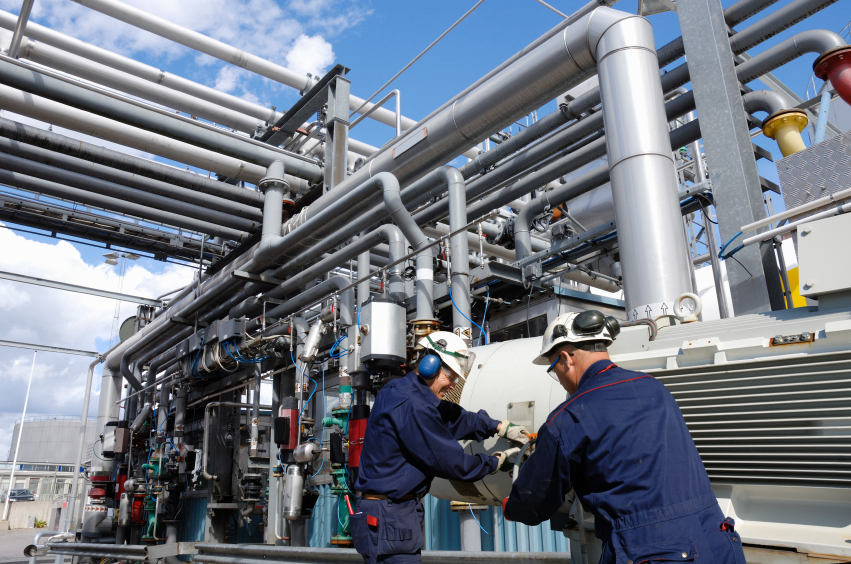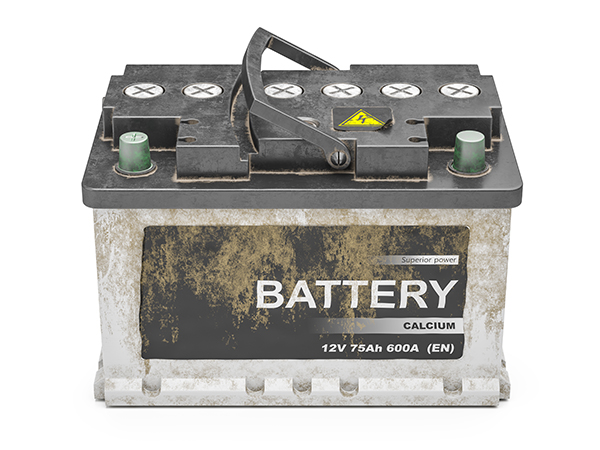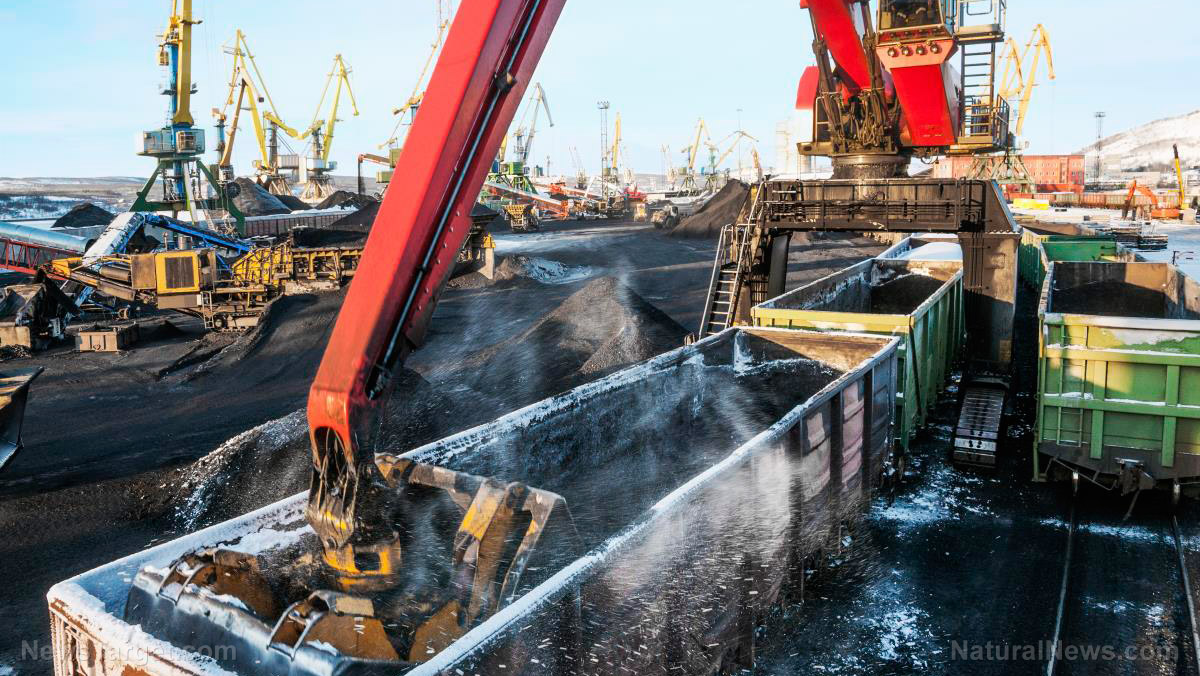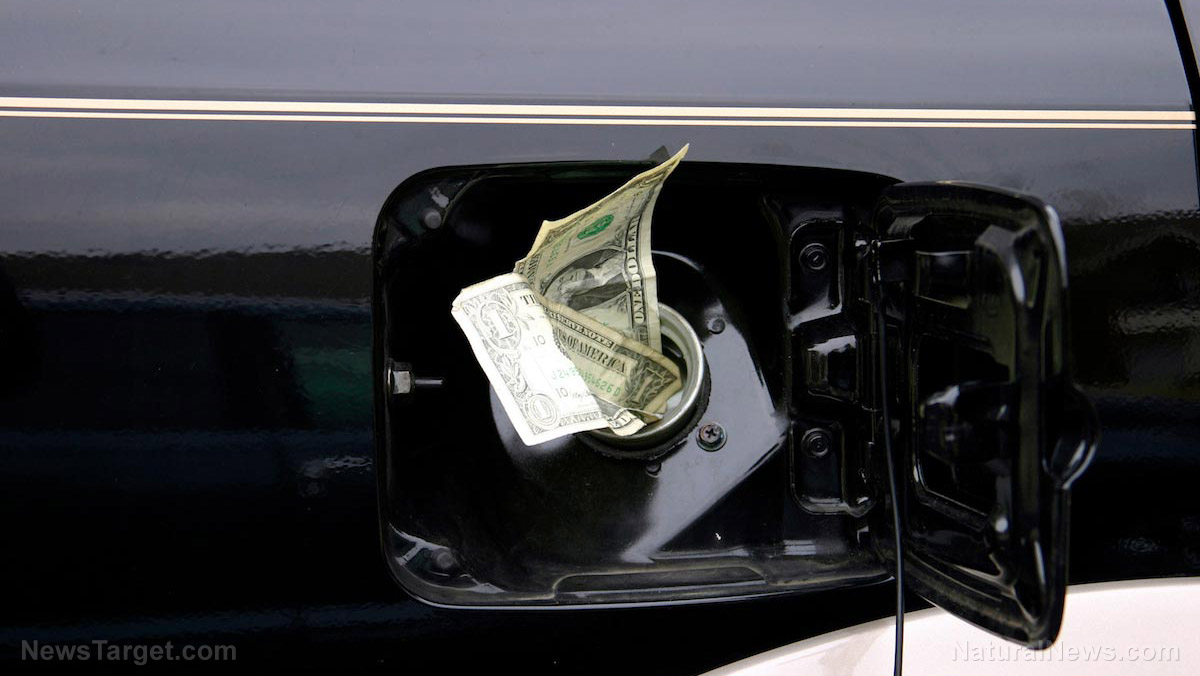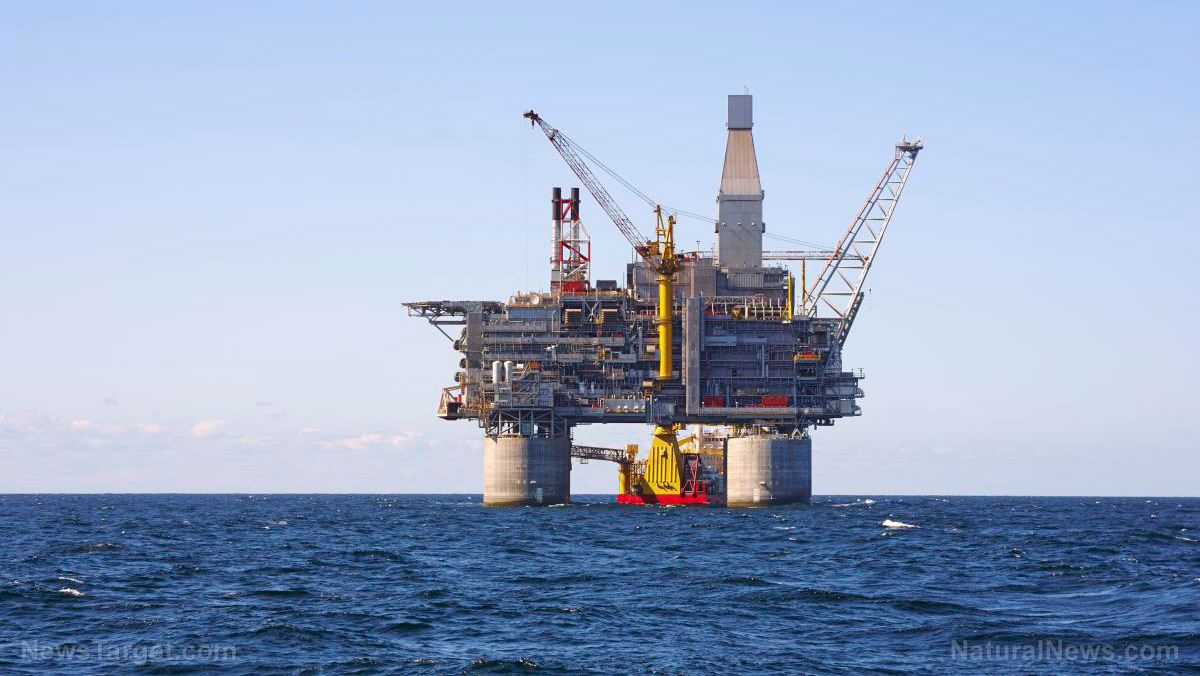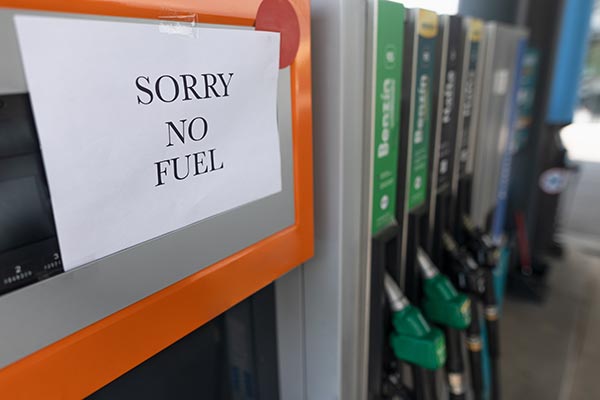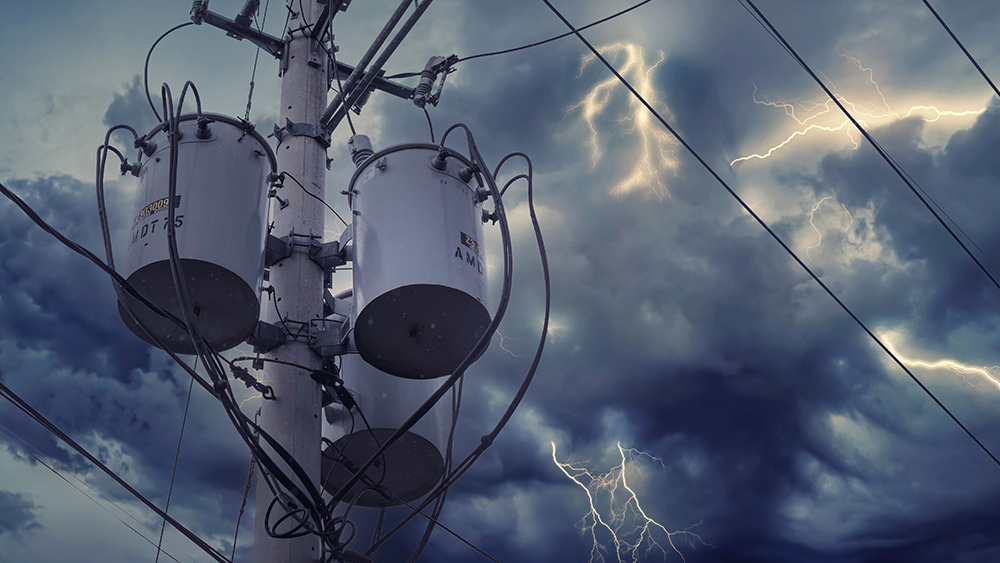Green energy projects financially COLLAPSING around the world: Siemens wind turbine manufacturer latest casualty
02/08/2023 / By Ethan Huff
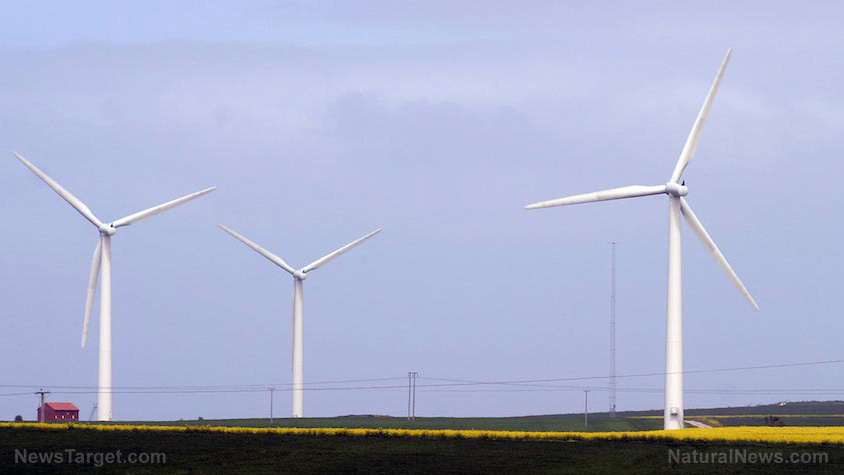
The world’s biggest “green” energy players are facing massive losses and write-downs as their renewable energy projects epically fail.
Siemens Gamesa, a German-based company that calls itself “the global leader in offshore power generation,” lost nearly $1 billion during the three-month period between October and December of last year. The reason? “Unfavorable pressures” and “negative growth,” the company years.
In its report for the first quarter of fiscal year 2023, Siemens indicated that apart from additional government subsidies, the renewable energy industry will likely fail.
“The negative development in our service business underscores that we have much work ahead of us to stabilize our business and return to profitability,” said CEO Jochen Eickholt.
“The beginning of fiscal year 2023 saw a further increase in global wind demand prospects for the next ten years, but further governmental action is needed to close the gap between ambitious targets and actual installations.”
Fake president Joe Biden’s “Inflation Reduction Act” already includes more subsidies for green energy projects on top of subsidies that were available to the industry previously. Siemens is asking for even more money on top of all this as renewable energy cannot hold its own without a permanent and ever-increasing taxpayer bailout.
“Think Solyndra-like loan guarantees beyond those already available,” writes Thomas Lifson for American Thinker about what Siemens is suggesting. (Related: More than $6.5 billion in taxpayer dollars was wasted on Solyndra back during the Barack Obama years.)
Green energy is expensive, unpredictable, and just plain dumb
One of the biggest problems Siemens and other green energy companies face is costly equipment failures. Wind turbines are big, bulky, and they break easily, requiring constant fixing.
The amount of energy produced and sold is not nearly enough to cover the costs of maintaining these turbines, many of which are located offshore.
“The company last month flagged increased failure rates of unspecified components of its installed onshore and offshore wind turbines, triggering higher warrant provisions that have also plagued Danish rival Vestas,” reports explain.
Another problem is inconsistency with wind patterns. When there is no wind blowing, Siemens’ wind turbines cannot produce any energy – which means no money coming in.
“It changes both intensity (speed) and direction unpredictably,” Lifson explains. “I know from work in my consulting career long ago (which I can’t discuss in detail owing to confidentiality agreements) that incredible stresses are placed on the generators, blades, and transmissions (akin to a car’s drive train) when the wind abruptly changes speed or direction.”
“In order to get a meaningful amount of power, the blades have to be BIG, which is why the towers of major wind farms are very tall). But long blades spinning rapidly can have the tips break the sound barrier, and the stresses on the materials used in the blades (often carbon fiber because the blades have to be light weight) are intense. And changeable rapidly.”
All of this and more is why orders for new equipment from Siemens and other major manufacturers are drying up, leading to negative growth. Siemens says its onshore turbine orders dropped 46.3 percent year-on-year last quarter while the cost of producing those turbines increased by 25 percent year-on-year.
Last quarter, Siemens did not receive even a single order for offshore wind turbines, which are even less popular in the current economic climate. It turns out that without subsidies, the green energy industry is a dud.
“It is beyond the time to end subsidies for wind power,” Lifson says. “Not only has atmospheric CO2 risen without serious consequence, the doomsaying models proven consistently wrong, but the financial thumb on the scale via subsidies has encouraged development of a technology that is still immature, if it ever will be viable.”
The latest news about the failing green energy industry can be found at GreenTyranny.news.
Sources for this article include:
Submit a correction >>
Tagged Under:
Climate, Collapse, electricity, energy, Germany, green, green energy, green tyranny, inflation, Inflation Reduction Act, power, power gri, products, siemens, wind
This article may contain statements that reflect the opinion of the author
RECENT NEWS & ARTICLES
COPYRIGHT © 2017 POWER NEWS

